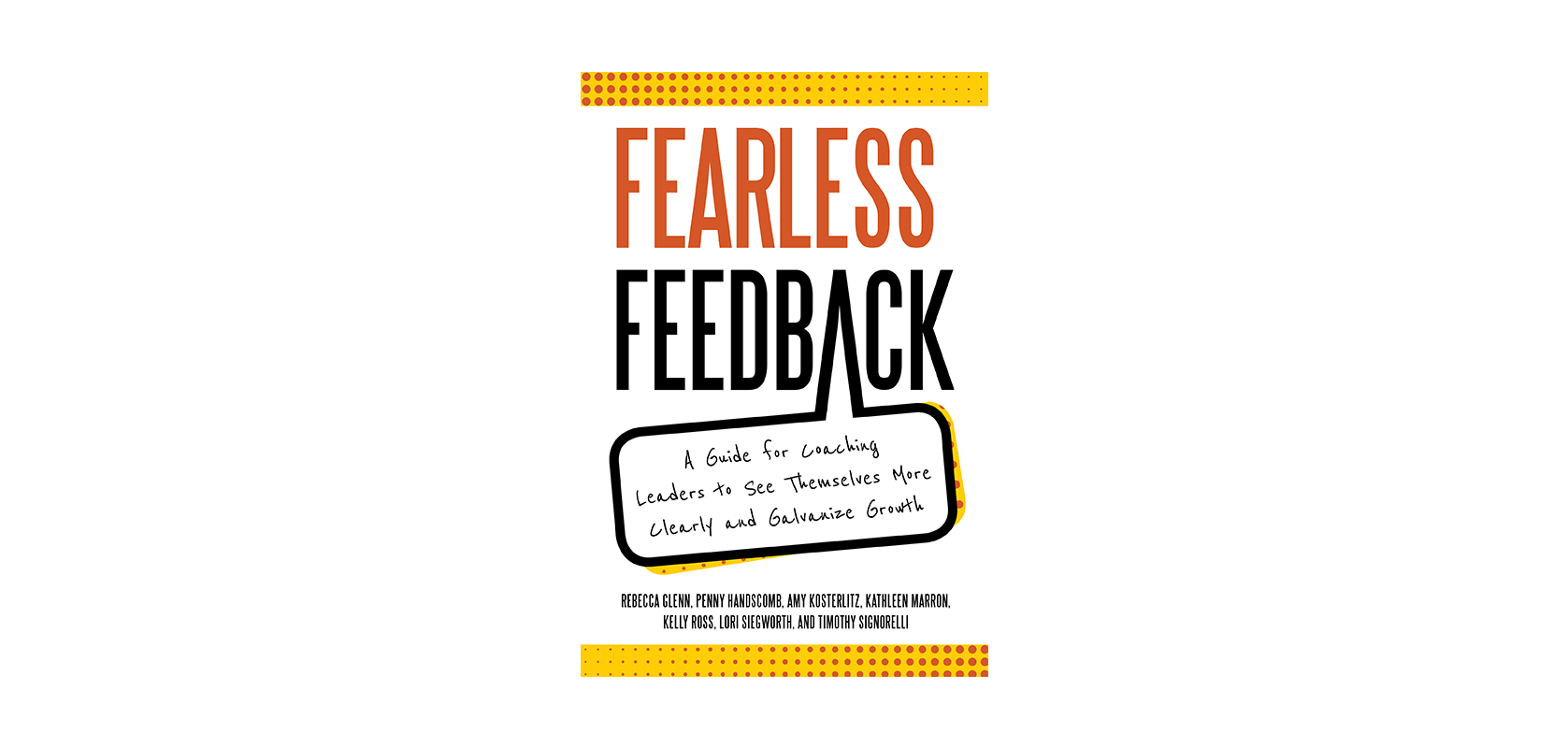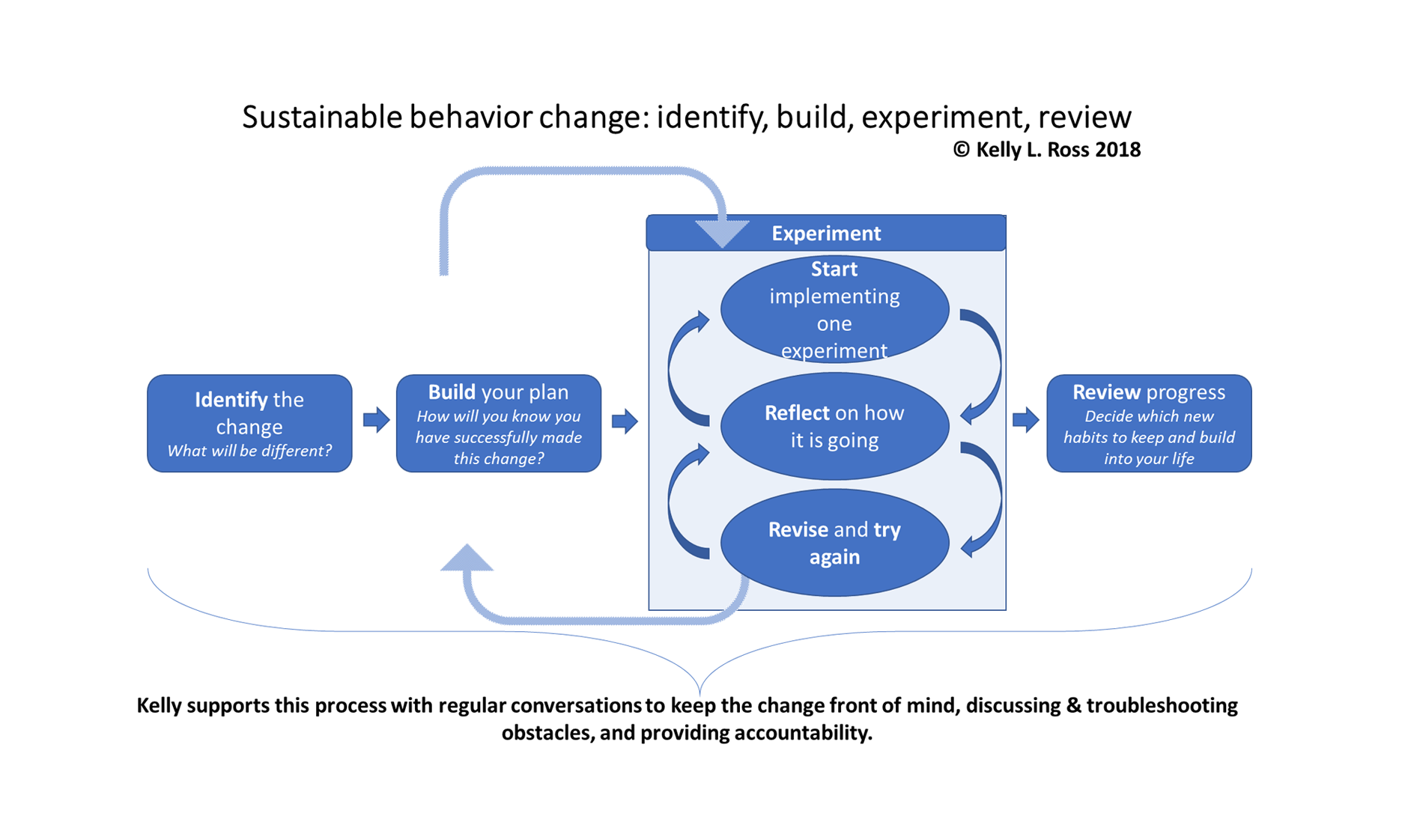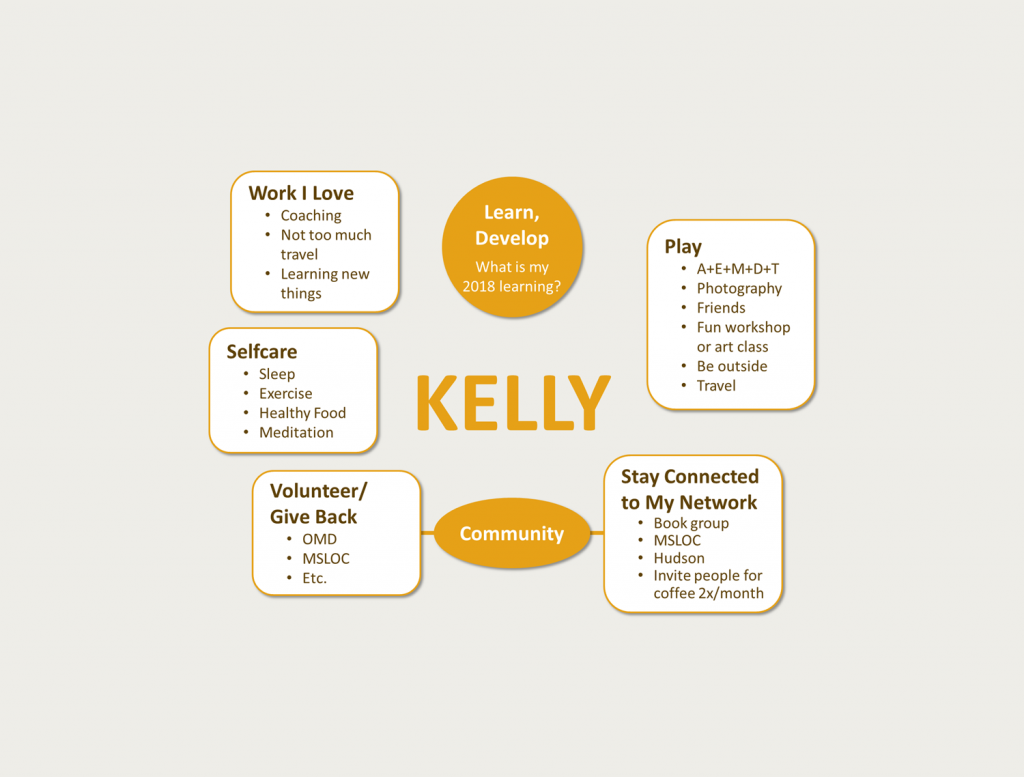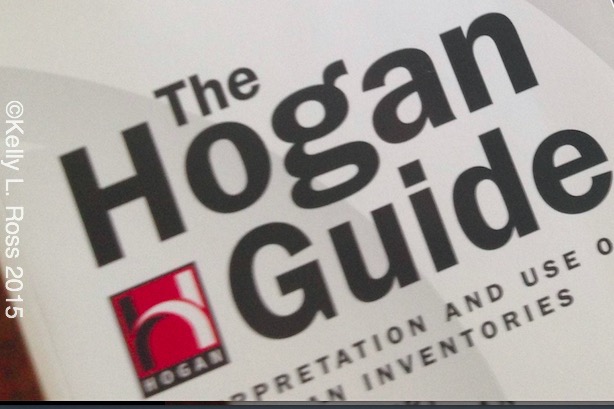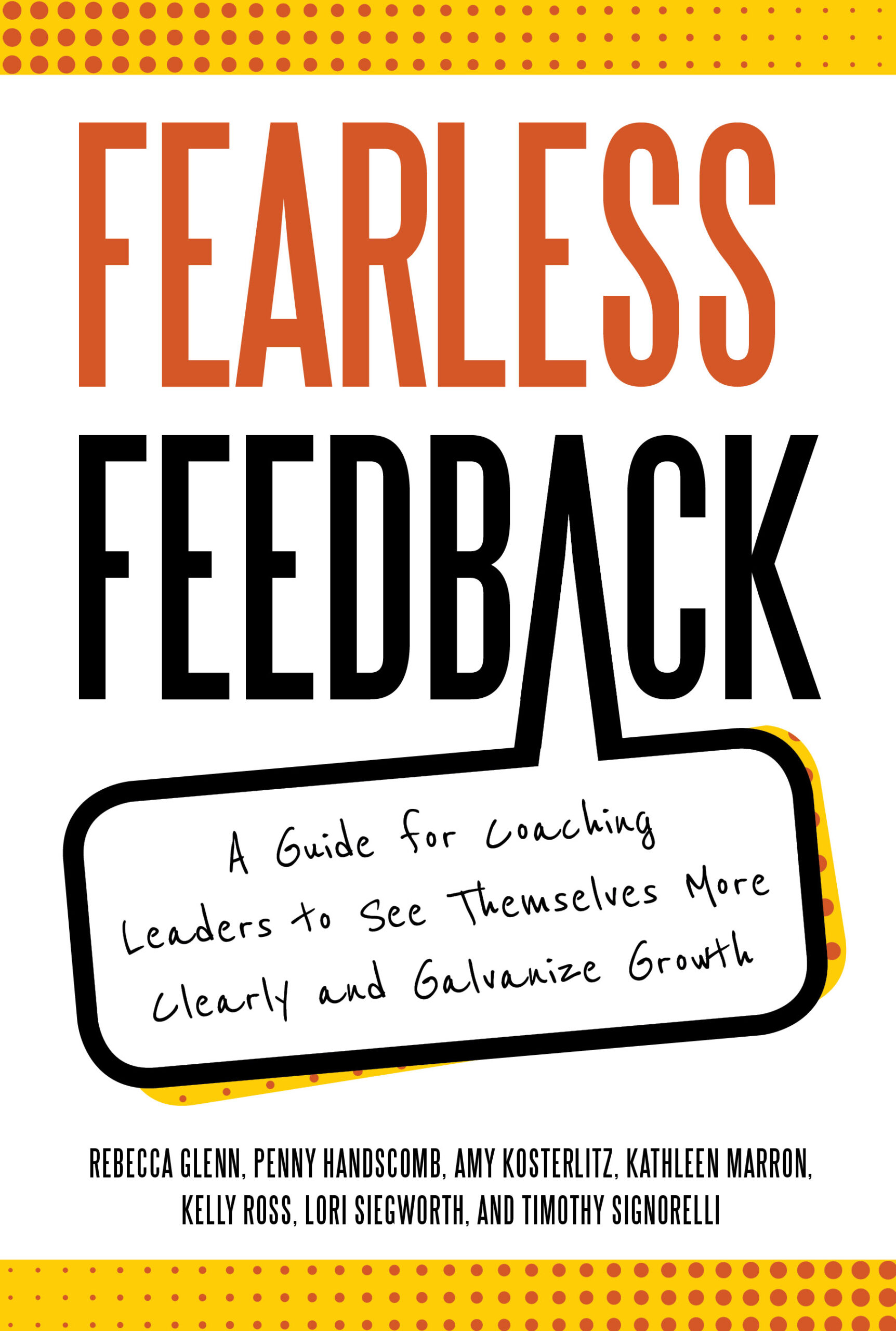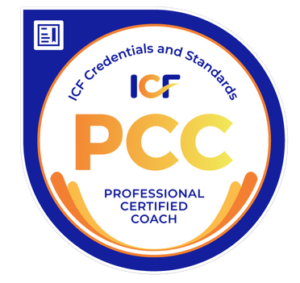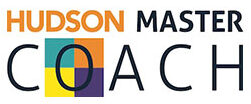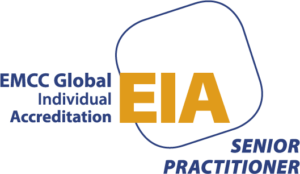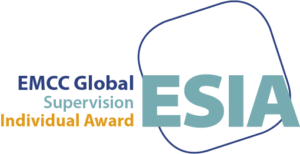Excited to announce the publication of Fearless Feedback: A Guide for Coaching Leaders to See Themselves More Clearly and Galvanize Growth
24
May 2018
How do you spend your 168 hours each week?
At times life can get away from me, I can get to the end of the day and not really know where the time has gone. The best way I have found to ground myself in spending my time on the things that are important to me, is to know how I spend my time. I began tracking how I typically spend the 168 hours in the week. I tracked
My clients – individuals, teams and organizations – are all making a change of some sort. A leadership coaching client has a new, bigger role and needs to delegate to and trust his team more. A leadership team wants to work more effectively together so they can respond to industry-wide regulation changes impacting their day-to-day work. An organization wants colleagues to give one another more direct and timely feedback, which
06
Oct 2017
What is on Your Happy Dashboard?
When working with coaching clients, I often hear that they want to be happy. Happy is one of those words that we all define differently. It is important to define what happy means to you. When you are happiest, what are you spending your time doing? Thinking about how your career and work are part of (but not all) your life, how does your life overall look when you are
29
Jun 2016
Stand in Your Power
Many of my clients, when thinking about a change they want to make, talk about wanting to be happy. What does it mean to be happy? Much has been written on the topic of happiness and research supports our efforts to find the illusive happy. But first we have to define what happy means. Part of my happy is honoring my values, one of which is authenticity and I’ve learned,
04
May 2016
Making and Responding to Requests with Clarity
Sometimes I read something and it hits me over the head. Recently I read the Speech Acts chapter from Budd & Rothstein’s book, You Are What you Say, where they discuss how to make a request and how to reply to requests. I realized that these are areas in which I am not always clear. What if I clearly and concisely asked for what I want? What if I said
01
Feb 2016
Know Thyself to Make Change Stick
The one thing all of my coaching clients have in common is that they are each making a change. Priya* is getting used to and building confidence in a bigger job at a new organization. Val* is leading an organization through rapid growth and is finding the pace and demands of change a challenge on a personal level, yet she has to champion the change for her team. Sam* is
23
Nov 2015
Delegate to Develop
Many of my coaching clients wrestle with delegation. Their jobs are getting bigger and as they become more senior, delegation is imperative or their workloads become unsustainable. I view delegating as an investment in the other person’s development, and as my first payment into the longer term reward of having less on my plate. When I am really busy I have to keep in mind that while delegating seems like
16
Oct 2015
Use Hogan Lead Series to Understand Your Leadership, Work Better as a Team, and Support Succession Planning
One of the assessment tools I often use in my leadership development and talent management work is the Hogan Lead Series, part of the Hogan Assessment System. This is a tool with several applications. Hogan Lead Series is a three-part assessment: Values describe what gets you out of bed in the morning and give clues about organizational fit Potential tells us about how you typically show up day-to-day and gives
29
Sep 2015
Set a Clear Course: Define Goals and Communication Rules at the Beginning of Coaching Engagements
My coaching clients fall into two buckets, some are sponsored by their organizations and others are paying for their own coaching. There are distinctions between how I create successful engagements, beyond who pays the bill. When the organization is involved there is more information and feedback, and it is critical to agree on who will know what about the engagement by setting up communication rules. When an individual hires me
